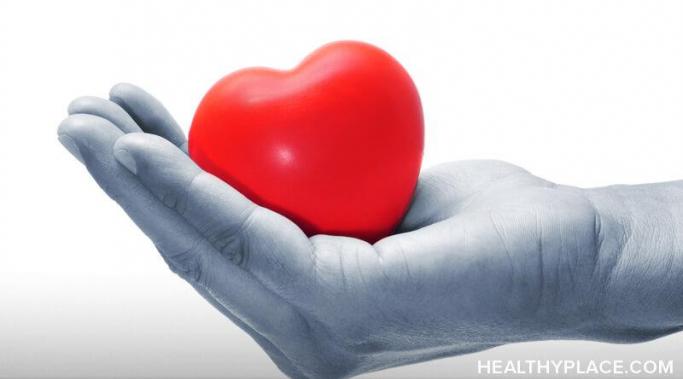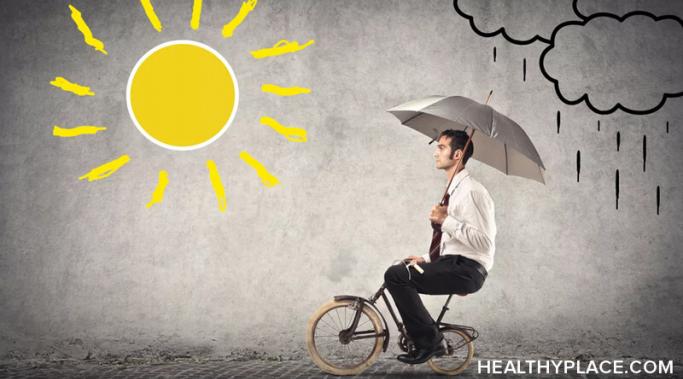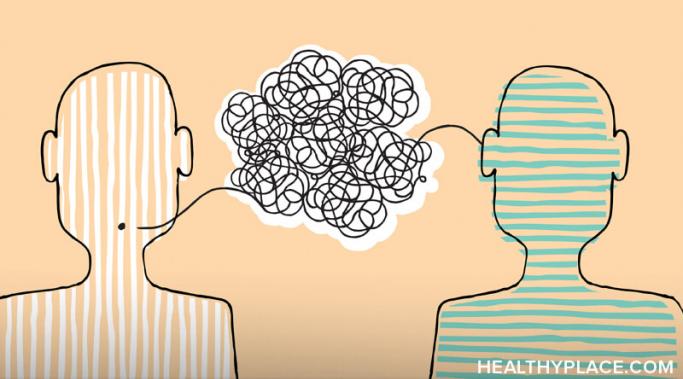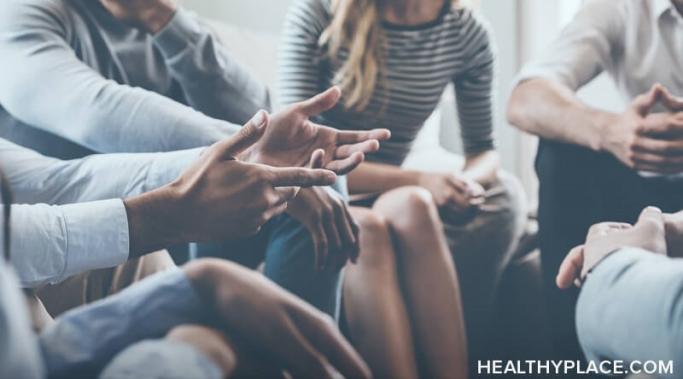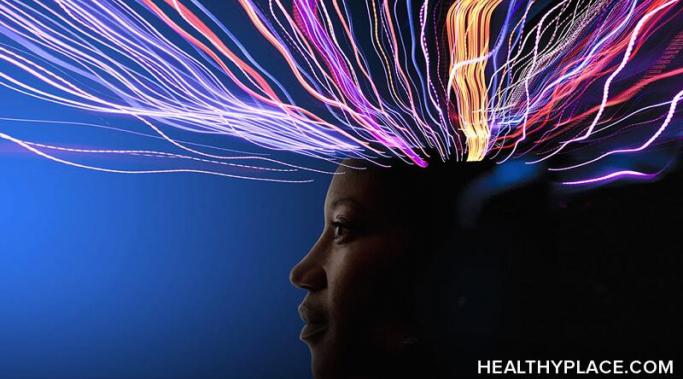This is my last post for the "Relationships and Mental Illness" blog. I'm grateful for the opportunity I've had to write about my experience with mental illness for HealthyPlace. As I leave this blog, I'm determined to keep learning about how to love myself and others better. When it comes to writing about relationships, if there's one thing I've learned, it's that I still have a lot to learn.
Healthy Relationships
Ever since I started my part-time job at an art supply store in August, I've noticed a boost in my mental health. I love working at the store -- it's a good fit for my personality, strengths, and interests. I'm an art school graduate who spent several years unhappy in the corporate world. It's a breath of fresh air to be amongst fellow artists again, finally. I now realize how good it is for my mental health to be happy at work.
Sometimes I wonder what my life would look like if I didn't have borderline personality disorder (BPD) and complex posttraumatic stress disorder (complex PTSD). It saddens me to think about the experiences and accomplishments I may have missed out on due to my ongoing battle with mental illness. While it's impossible to know the life I could have had, it's an interesting thought experiment to look back and imagine how things could have turned out differently. What if I'd led a life without mental illness?
Juliana Sabatello
Conflict is a normal part of relationships, but so many don't realize the difference between healthy and unhealthy conflict resolution. The "four horsemen" is a concept developed by Dr. John Gottman to describe four unhealthy ways that couples argue, which lead to a relationship's demise: criticism, contempt, defensiveness, and stonewalling.
Juliana Sabatello
Many people are much more open to the idea of mental health counseling nowadays, but I still encounter people who don't understand the point of paying someone to listen to them when they have friends who will do that for free. They might make jokes about their friends giving them "free therapy" or call therapy a pointless waste of money. Not only is that opinion based on misinformation, but using a friend as you would a therapist can put an unfair burden on the relationship.
Juliana Sabatello
You've probably seen that quote floating around the Internet, often attributed to Marylin Monroe: "If you can't handle me at my worst, then you don't deserve me at my best."1 People who like this quote might take it to mean that people who walk away from us in hard times don't deserve to be in our lives during the happy times. I agree with this sentiment, but the wording doesn't quite sit right with me.
Juliana Sabatello
Past traumas affect the way we live in the present, whether we like it or not, especially affecting the way we communicate in relationships. One way our past affects us is by clouding our reactions to present events with emotions based on similar experiences in our pasts. A conversation happening in the present can stir up memories of the past, even if we don't realize it, and we often don't. For people who have been through trauma, these trauma reactions can be even stronger and more frequent, and they can come between us and healthy communication in our relationships.
Juliana Sabatello
Many people have negative feelings toward mental health groups. Maybe it's intimidating to think about sharing your story with a group of strangers. Maybe you don't see a point in it. You might not know the difference between group therapy, psychoeducational groups, and support groups when one might fit your needs better than another. There happen to be many benefits of a group setting in treating and coping with a variety of mental illnesses.
Juliana Sabatello
Boundaries can be difficult for anyone in relationships, but emotional boundaries can be especially challenging for those of us who struggle with our mental health. I identify myself as a highly sensitive person (HSP), a term coined by Elaine Aron to describe people with sensory processing sensitivity. Sensory processing sensitivity involves processing sensory information more deeply and feeling emotions more strongly than the average person. Sensitivity applies to all experiences: Sound, sight, touch, smell, taste, internal sensations like hunger or pain, and both our own emotions and the emotions of others.
Juliana Sabatello
Apologizing when we wrong someone is an important social skill, but overapologizing, when it isn't necessary, can actually put a strain on our relationships. My anxiety compelled me to say sorry any time I felt insecure, guilty, ashamed, or worried in a social situation, and people would become annoyed and frustrated with me because of it. I would then apologize for annoying them with my apologizing, which continued from there in n cycle that was exhausting for everyone involved.
